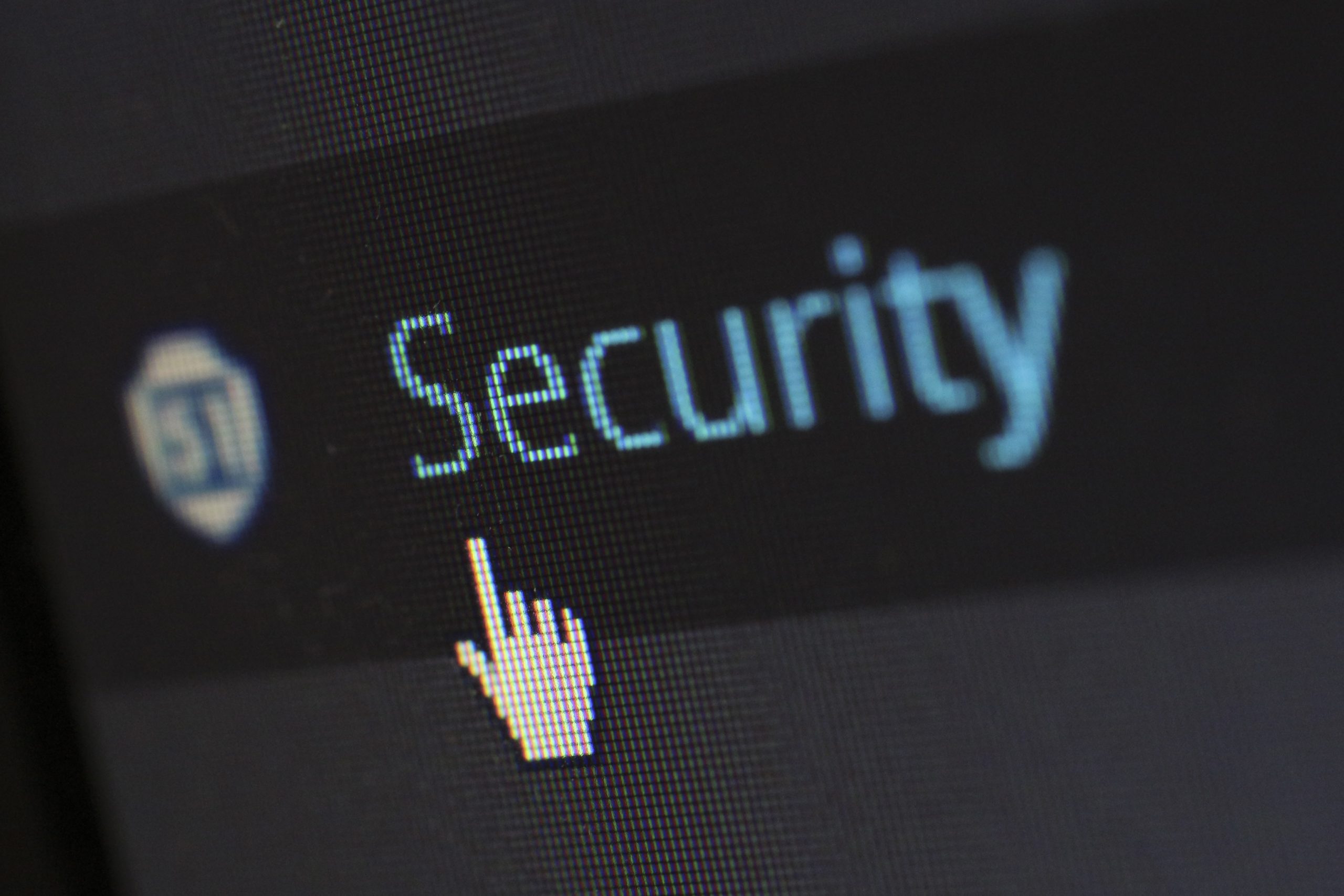Our dependency on technology is increasing every minute. A few years ago, smartphones or the internet were majorly recreational. But now our lives rest on it. People have their jobs, bank accounts, and source of income, all dependent on the single foundation of technology. This foundation might seem solid and stable but has its fair share of challenges.
Out of them, consumer security is undoubtedly the most challenging summons. It has been a task when people are concerned about their online security more than ever before in recent years.
Being on the consumer’s end, you can adopt safe practices online. Cybercrimes are inevitable, but you can ensure healthy practices to not fall prey to them.
1. Do not click on random links
Being online, you must have come across thousands of links and attachments. You can receive them from people you know. Pause and take a second to ponder about the sender and what the link or attachment says.
2. Verify the recipients of confidential information
Even if it’s from somebody you know, never be quick to give away your or anyone else’s personal information. Verify the person who is asking for your credentials. He might be a swindler. Even if you don’t fall for such frauds, keeping a regular check on your bank statements is healthy.
3. Protect your passwords
Even the strongest and well-thought-of passwords in today’s cyberspace are not safe. Stop using the commonly known things about you as your passwords. And always make sure to protect your passwords with multi-factor authentication (MFA) wherever you can do so.
You can also look for password managers such as Bitwarden and LastPass. Another safe practice is not to let websites remember your password. Do not use similar password for two different apps.
4. Protect your belongings
When in public places such as offices, you need to be extra vigilant about your portable stuff. Even if you are going to the washroom, lock all your devices. Always leave the workplace with all your devices with you.
5. Update all your apps
Updated versions of apps and devices come with better security. After updating, make sure to restart your device before using it. In this way, you can have the most significant benefit of all the features that come with the update.
6. Don’t forget to back up
Keep your backup files in a different folder from the original ones as a hack. Keep a check on them over time. For storing confidential information, only use approved storage options. For personal files, use a separate drive to store the backed-up data.
Conclusion
While it is difficult to overcome all the security threats in cyberspace completely, you can be smart enough not to fall prey to them. On a higher level, countries can tighten the laws around cybersecurity. There should be punishments for cybercriminals and their facilitators.

